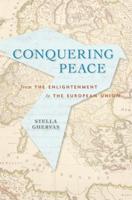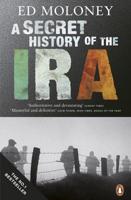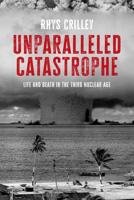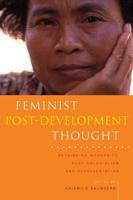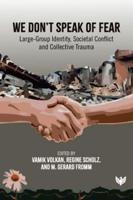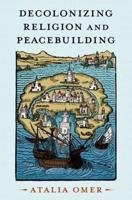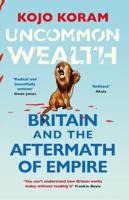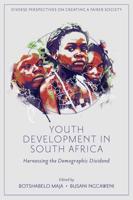Publisher's Synopsis
There is a broad global consensus on the imperative to avoid nuclear war, but that consensus provides little guidance for policy. A primary reason is the lack of understanding regarding how a nuclear war might occur or how one could be prevented.;This series will examine the contributions that can be made by the social and behavioural sciences to our understanding of the factors that may promote or inhibit nuclear war. It builds a basis for new intellectual approaches to the subject of international security - approaches that are conceptually rigorous, theoretically eclectic and methodologically self-conscious.;Under the sponsorship of a committee of the American National Research Council, the Committee on Contributions of Behavioral and Social Sciences to the Prevention of Nuclear War, leading scholars here review knowledge about specific behavioural and social phenomena that may be critical in determining war and peace. Among these are the behaviour of decision makers, the pressure of public opinion, the effect of threats aimed at deterring dangerous behaviour, changes in the economic interdependence of states, and the processes of negotiation when stakes are high. The series seeks to increase knowledge on such topics across various disciplines and levels of analysis, to identify research directions that hold promise for yielding policy-relevant insights and to clarify convergences and disparities between these lines of research. Critical distillation of such knowledge can offer a basis for developing clearer knowledge and, consequently, better advice for preventing nuclear war.


